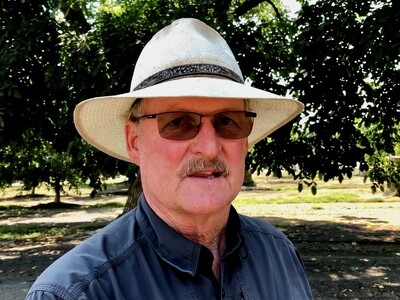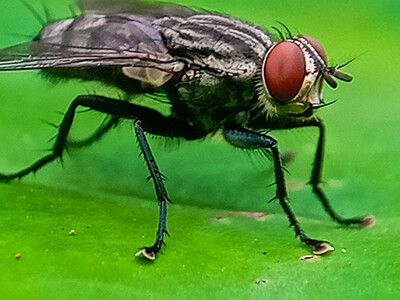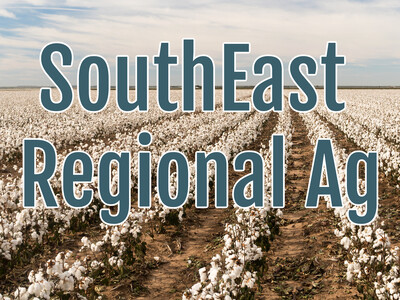Plant-based Protein Lacks Domestic Processing

Tim Hammerich
News Reporter
If plant-based proteins like those that offer substitutes to meat and dairy want to be truly sustainable, they’ll need to be produced and processed in North America. That’s not the case today for peas, says Phyto Organix founder Chris Theal.
Theal… “We export 95% of our yellow peas raw to China and Bangladesh. They get processed into pea flour, pea concentrate, pea isolate, starch and fibers. And some of that gets exported back into North America for application and food products. So to me, there's a real opportunity to create more domestic supply. When I say domestic, I mean North American supply.”
Theal and his team are building a wet fractionation facility for peas in Alberta.
Theal… “There's only three wet fractionation facilities in North America, so we would be the fourth. And what we create or addresses is the cost challenge in this industry. We, we call that supply chain of exporting peas raw to China and you know, food ingredients back to North America, the great circle supply chain. And by creating domestic capacity, what we're gonna do is cut the transportation costs and the GHG per kilogram of protein by roughly 70%. And that's huge at the end of the day to make alternative proteins more competitive with the traditional meat market.”
That’s Chris Theal of Phyto Organix.












